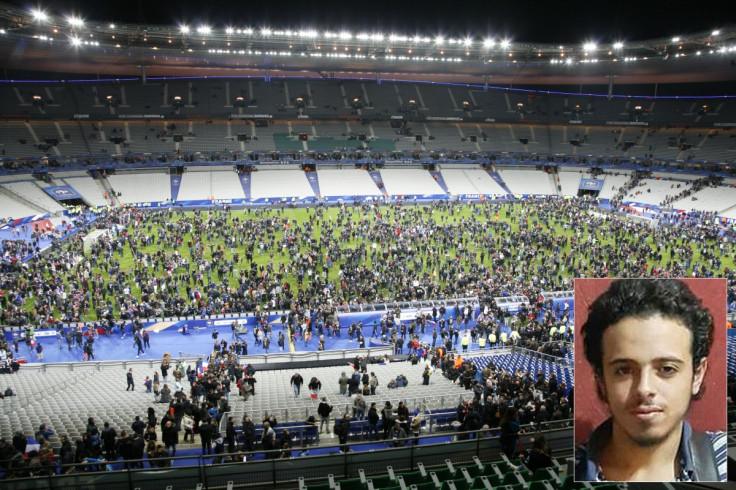France's state of emergency extended to cover Euro 2016 football and Tour de France
France's parliament has approved to extend the state of emergency imposed following November's terrorist attacks, with ministers arguing it will provide greater security during the Uefa Euro 2016 football championship and the Tour de France. The measures were given a two month extension on Thursday (19 May), having been passed by 46 votes to 20 in the National Assembly.
Interior Minister Bernard Cazeneuve said the powers – which hark back to the Algerian war in the 1950s – were necessitated by the "unprecedented context of terrorist risk". Due to expire on 26 May, it is the third time the state of emergency has been extended since the attacks in Paris left 130 civilians dead and more than 300 others injured.
Announcing he would seek another extension back in April, Prime Minister Manuel Valls said: "Faced with events this big...which must take place in conditions of security and which at the same time should be a celebration....we have to ensure security.
"The state of emergency cannot be permanent but on the occasion of these big events...we have decided to prolong [it]."
The Euro 2016 championship will be hosted in France between 10 June and 10 July. Both the final and opening game will be played at the Stade de France, the stadium in northern Paris that was targeted by three suicide bombers during the terrorist attacks on 13 November.
The extension of state of emergency measures would also cover the Tour de France, another major sporting event taking place across France between 2-24 July. The iconic cycle race runs from the north coast of France through to the south and east of the country before its finale in Paris after 3,500km.
The extra powers allow law enforcement authorities to place under house arrest anyone considered "a threat to security and public order". They also permit a tightening of border controls and measures to ban protests and public gatherings. Unlike previous extensions, searches of homes without a warrant will not be allowed.
Since the measures were imposed in November by President Hollande, some 3,500 searches have been carried out, at least 56 suspects taken into custody and 69 people placed under house arrest, Cazeneuve said in mid-April.
However, rights groups have criticised the government for alleged abuse of the powers. In February, Human Rights Watch said police had carried out "abusive and discriminatory raids" against Muslims. It claimed the emergency powers had created economic hardship, stigmatized those targeted, and left children traumatised.
In November, environmental activists also complained the state of emergency had been used to curb their right to protest in the run up to the COP21 climate talks in Paris, on 28 November.

© Copyright IBTimes 2025. All rights reserved.






















